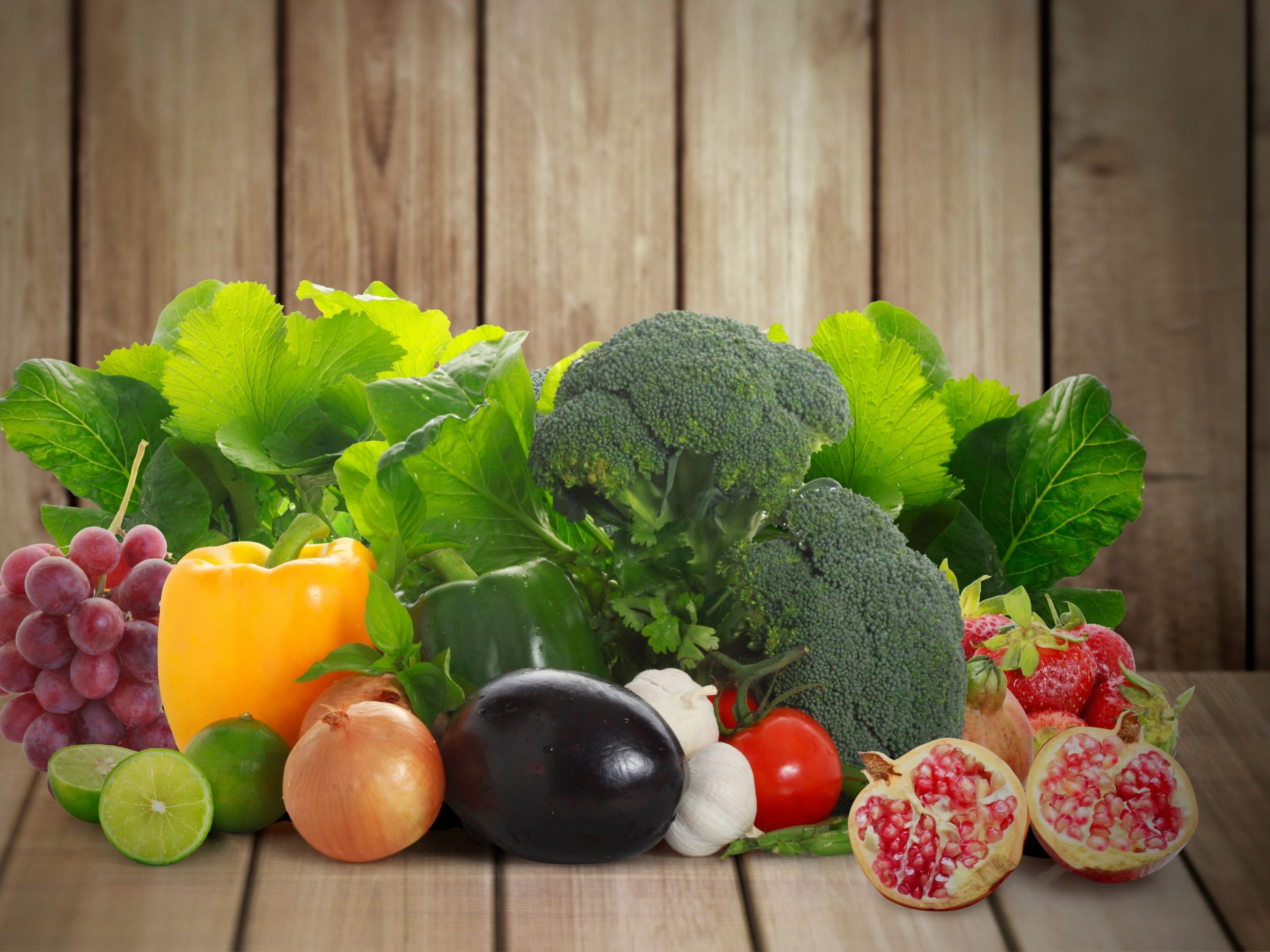7 food items you should eat to heal faster after surgery
After surgery, many people want to take soft chews multivitamin supplements and eat well to improve wound healing, reduce inflammation and all the recovery process by itself. A balanced diet gives you all the nutrients, vitamins and proteins that your body needs, so If your diet is healthy and balanced you don’t need supplements. On the other hand, if there is a nutrient deficiency your surgeon will prescribe you a supplement to fulfill your needs.
If you are a healthy person and want to heal faster from any surgery or illness just eat real food and avoid sugars and process food, simply like that!
Let’s have a look at which nutrients and vitamins play a role during your recovery process.
What does my body need to heal faster?
Vitamin C
Vitamin C is a powerful antioxidant. It helps collagen formation.
It strengthens your connective tissue in your skin, muscle and blood vessels. In addition, Vitamin C reduces inflammation, boosts your immune system and improves wound healing. You can find it in:
Vegetables:
- Leafy green vegetables
- Broccoli
- Peppers
- Kale
- Spinach
- Arugula
- Mustard greens
- Swiss chard
- Brussels sprouts
Fruits:
- Oranges
- Grapefruit
- Guava
- Blackcurrants
- Papayas
- Strawberries
- Lychees
- Persimmons
- Kiwis
- Lemons
On the other hand, there is no proven risk associated with the intake of vitamin c daily but consult with your surgeon first. Some surgeons prescribe a supplement of 1-2 grams daily from wound onset until healing is complete.
Vitamin A
Vitamin A is key and helps us with many important and diverse biological functions. Some of them are: reproduction, embryological development, cellular differentiation, growth, immunity, and vision. Besides, when we talk about wound healing, it stimulates epidermal turnover, promotes collagen production, and accelerates the wound healing process.
Food sources of Vitamin A are:
- Leafy green vegetables (kale, spinach, broccoli)
- Mango, cantaloupe melon, watermelon, orange.
- Yellow vegetables (carrots, sweet potatoes, pumpkin and other winter squash, summer squash)
- Tomatoes
- Red bell pepper
- Cantaloupe
- Beef liver
- Fish oils
- Milk
- Eggs
But if you want to intake vitamin A supplements ask your surgeon first.
Zinc
Zinc is an essential micronutrient for your health. As its major role, it regulates every phase of the wound healing process; ranging from membrane repair, oxidative stress, coagulation, inflammation and immune defense, tissue re-epithelialization (resurfacing of a wound with new epithelium/skin or tissues), angiogenesis (process to form new blood vessels), to fibrosis/scar formation. When you are healthy, you get enough zinc through your diet, so there is no need for a supplement. Zinc is found in:
- Meat
- Shellfish
- Legumes
- Nuts
- Seeds
- Dairy
- Eggs
Bromelain
Bromelain is a mixture of enzymes that help to digest protein. In addition experts think that it helps to reduce swelling and inflammation after surgery. It is found in the fruit, skin and juice of the pineapple plant. However, if you want to take a supplement of it just ask your surgeon first.
Importance of good nutrition to heal
Protein malnutrition causes a decreased synthesis of protein and cell production; also, reduced immune function, and delayed progression of all phases of wound healing. In addition, vitamin and mineral deficiencies impair tissue synthesis, low energy production, reduced immune function, among others.
7 products to heal faster
1.Leafy green vegetables
They are high in vitamin C, manganese, magnesium, folate, and provitamin A, all of which are essential for immune function and overall health. They’re also rich in polyphenol antioxidants that have powerful anti-inflammatory and immune-supportive properties.
2.Eggs
Following surgery, your body needs more protein than the current recommended for tissue repairing. Daily Allowance (RDA) of 0.36 grams per pound (0.8 grams per kg) of body weight.
After surgery, it is recommended to consume 0. 7–0.9 grams of protein per pound (1.5–2 grams per kg) of your body weight. That is to say, 105–135 grams for a 150-pound (68-kg) person.
3.Salmon
Protein, B vitamins, selenium, iron, zinc, and omega-3 fats key in wound healing.
4.Berries
They are full of antioxidants, are a good source of vitamin C. Berries have anti-inflammatory, antiviral, and immune-supporting effects.
5.Nuts and seeds
They are a good source of zinc, vitamin E, manganese, and magnesium. Vitamin E is an antioxidant that protects your body against cellular damage and boosts the immune system. Vitamin E improves the function of protective immune cells that help fight infection and disease.
6.Sweet potatoes
They are a healthy high carb source. Carbs provide energy to your cells (needed for healing) and also enzymes like hexokinase and citrate synthase, which improve wound repair.
7.Cruciferous veggies
These kinds of veggies have glucosinolates, then your body converts them into isothiocyanates. Isothiocyanates main functions are: promote immune health by suppressing inflammation, activating immune defenses, and inducing death in infected cells.
A bit extra…
Arnica Montana
Arnica Montana is a flower that is made into a soothing ointment, gel, cream, or pill that helps you heal with comfort after local trauma.
Surgeons may recommend Arnica Montana (topical gel or cream) to reduce bruising and swelling after surgery, liposuction (5-7 days after surgery), certain facial procedures or injectable treatments (but only on certain areas). Never apply it directly to open wounds or your incisions. Use it to lightly massage the areas of bruising around the cheeks, mouth or lower eyelids. Besides, it has other uses like:
- Reduce swelling and pain in joints
- Reduces insect bite discomfort
- Used in hair tonics and anti-dandruff products
- Others
We hope this information is useful for you. If you need advice or have any questions about our treatments, please contact us. You can find us in Mill Hill Broadway and Islington. We are always happy to help. If you like this blog, please share!
References:
https://www.researchgate.net/publication/335022073_The_Role_of_Vitamin_A_in_Wound_Healing
https://www.hsph.harvard.edu/nutritionsource/vitamin-a/
https://www.researchgate.net/publication/335022073_The_Role_of_Vitamin_A_in_Wound_Healing
https://www.healthline.com/nutrition/proteolytic-enzymes#TOC_TITLE_HDR_3



